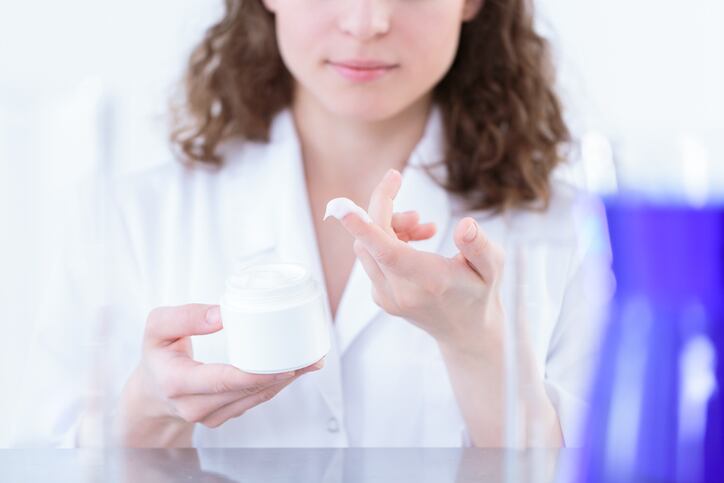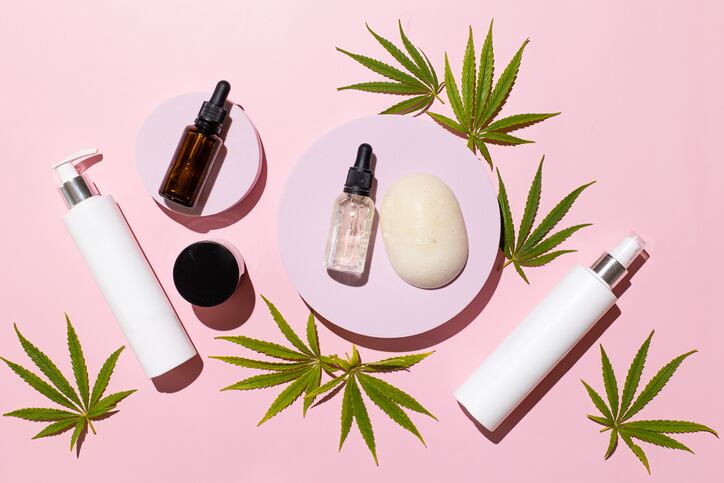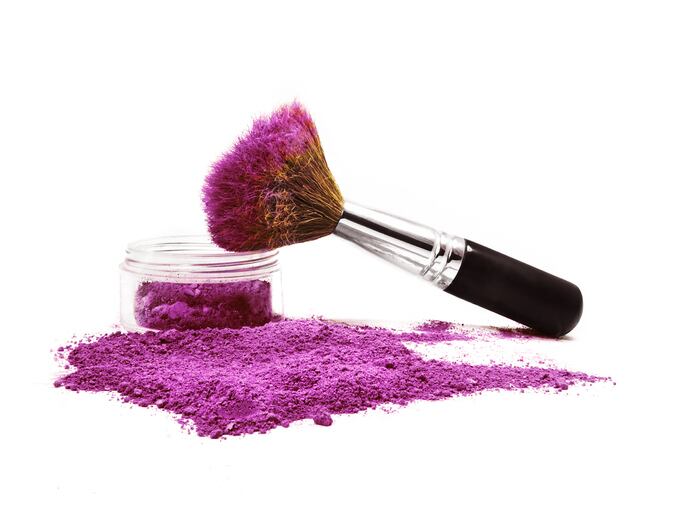PFAS can be used in cosmetics to make products long-wear, more easily spreadable, more absorbent on the skin and to give the appearance of smoothness or shimmer, according to scientific reviews of the chemical class.
Because of research suggesting PFAS may have serious health impacts, state regulations and litigation are on the rise, and cosmetics brands need to start considering where the chemicals appear in their own products, Ally Cunningham and Matt Walker, partner and associate at Lathrop GPM respectively, told CosmeticsDesign.
In approaching dealing with regulations, litigation or potentially removing PFAS from products, there may be challenges in testing, formulating and avoiding legal action, they said.
What are PFAS, what are the concerns
According to the Food and Drug Administration, PFAS, or per- and polyfluoroalkyl substances, are a broad class of human-made chemicals, many of which are resistant to grease, oil, water and heat.
PFAS can be used in a variety of settings, including stain and water resistance in clothes and carpeting, cleaning products, paint and fire-fighting foam, and some PFAS are approved for cookware, food packaging and food processing.
While PFAS is a useful chemical class, Cunningham said they are also known as a “forever chemical'' because it is “pretty much impossible to destroy.” Recent research estimated that 98% of Americans have PFAS in their bloodstreams.
In addition to PFAS prevalence, recent research has suggested they may have a number of serious health impacts including increased cholesterol, changed liver enzymes, decreased infant birth weight, decreased vaccine response in children, higher risk of high blood pressure or pre-eclampsia in pregnant women and increased risk of kidney and testicular cancer.
“PFAS are a very broad chemical class, even though they're all lumped together, there are some differences among them, which are still being evaluated,” Walker said. “But the concern is that there could be potential adverse health effects attributed to them even at very low levels.”
Cunningham also said the science is still emerging on the health effects of PFAS.
New regulation and litigation
While the science isn’t solid, Walker said legal actions have begun to emerge, including legislation and litigation.
Two lawsuits were recently filed over the presence of PFAS in cosmetics.
A class-action lawsuit was filed against Shiseido Americas Corporation in December, claiming the presence of PFAS in bareMinerals products, which was owned by the company until August, constituted false advertising.
The lawsuit alleges bareMinerals claims of being “free of harsh chemicals and unnecessary additives” was false advertising after the plaintiffs said they tested bareMinerals products and found PFAS.
Also in December, a lawsuit was filed by non-profit Toxic Free USA against CoverGirl and its parent company Coty, also pertaining to deceptive marketing. The suit alleges, while CoverGirl advertises itself as sustainable beauty, PFAS are not sustainable, ergo consumers are being misled.
The lawsuit also doesn’t seek damages but instead asks for an injunction against the alleged deceptive marketing by CoverGirl and Coty and a declaration that their actions were unlawful.
Two US states, Maine and New York, have also recently passed regulations on the sale of products with PFAS which will affect cosmetics.
Maine’s law, passed in July, requires companies to submit notifications to the state if there are added PFAS in their products and the law will, in stages, ban the sale of products with additional PFAS by 2030.
The New York legislature has also passed a law requiring notification of added PFAS by 2024 and by 2025 sale of products with added PFAS, including cosmetic products specifically, will be banned. That law has not been signed by the state’s governor at this time.
Other states have PFAS laws on the books, like a Vermont law that regulates PFAS in specific products, or broad PFAS regulation in Minnesota, where a number of laws were just introduced in the legislature, including one pertaining specifically to cosmetics.
The “No PFAS in Cosmetics Act” was also introduced in the US House and Senate with bipartisan support which would “require the Department of Health and Human Services to issue and finalize a rule to ban the use of intentionally added (PFAS) in cosmetics.”
“Regulation is increasing rapidly,” Walker said. “As the science continues to evolve and additional studies are conducted, it's just going to continue ramping up. I think we're still, from a regulatory perspective, in the initial stages, but I don't see that this is going to slow down or become less of a concern anytime soon.”
What cosmetics companies can do now
Walker said it’s important for brands to start considering how state and federal regulations will affect their products now.
One of the challenges in removing PFAS from brands' products is that, because there are not currently laws regulating PFAS use in cosmetics, they do not have to appear in an ingredient supplier’s safety data sheet, Cunningham said. That means a brand could have PFAS in its ingredients they may not be aware of.
Because of that, Cunningham said it’s important for brands to do as much as they can to know if PFAS is in their products. As the lawsuits against Shiseido and CoverGirl are essentially false advertising claims, she said knowing if PFAS are present in your product and advertising appropriately could help brands avoid litigation.
Walker and Cunningham also said it will be important to pay attention to what PFAS regulations look like between states because of the nature of the regulations and the definition and classifications of PFAS vary between legislation.
“It's likely that it could affect the cosmetics industry, both from a litigation and regulation perspective in the very near future,” Cunningham said. “Figuring out what your liabilities are and what you want your business path to be moving forward is going to be really important. It's a challenge because it changes every day, but it's probably the most important thing they could do right now.”




